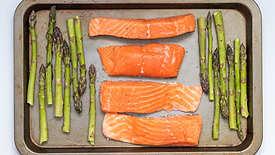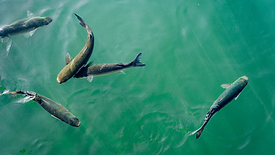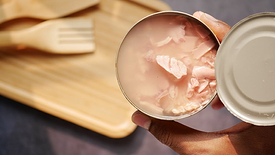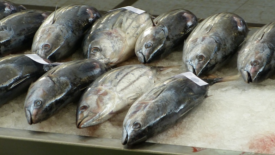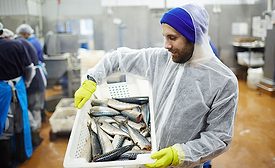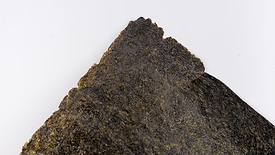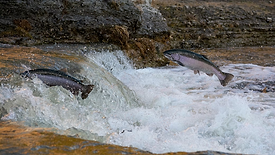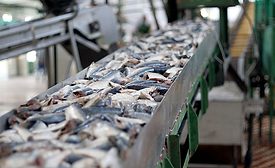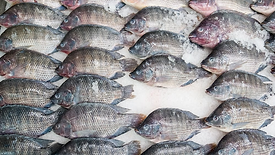Seafood
How Food Manufacturers Have Responded to the COVID-19 Pandemic—Part 2
Six of the seven facilities assessed reported a "noticeable" or "significant" improvement in food safety culture behaviors of workers
February 6, 2023
How Food Manufacturers Have Responded to the COVID-19 Pandemic—Part 1
Seafood manufacturers have demonstrated adaptability to protect workers and avoid closing, despite supply shortages and changing public health guidance
December 9, 2022
Never miss the latest news and trends driving the food safety industry
eNewsletter | Website | eMagazine
JOIN TODAY!Copyright ©2024. All Rights Reserved BNP Media.
Design, CMS, Hosting & Web Development :: ePublishing
